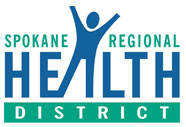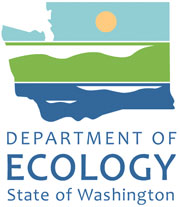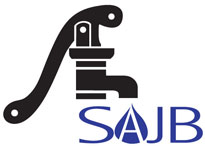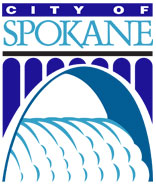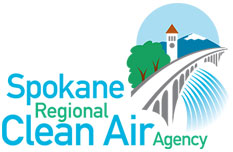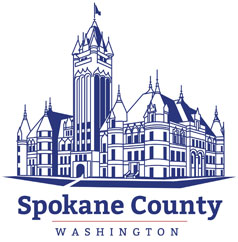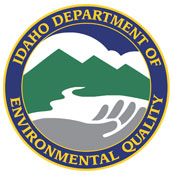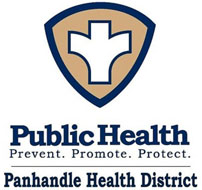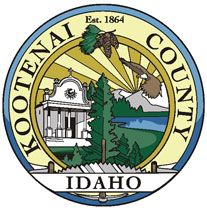Waste » Business » Wastewater » Dry Cleaning Waste
Dry cleaning creates a number of wastes including separator water, filters, sludge (still bottoms) and spent solvent. Any waste containing the solvent, Perchloroethylene (PERC, also called tetrachlorethylene), is hazardous and must be managed responsibly to protect human health and the environment. Petroleum and chlorinated solvents are also hazardous wastes.
Separator water, containing PERC, chlorine, or petroleum, constitutes a hazardous waste. If you are collecting your separator water by letting your separator tank overflow drip into a bucket, the bucket must be kept covered to minimize evaporation. Untreated separator water must be sent to a hazardous waste facility.
If the separator water is treated and shown to contain less than 0.7 ppm PERC, it may be evaporated and vented outside the building using an approved evaporator or misting device.
Do not use crockpots, hot plates, fryers, boilers, or bucket and coil-type systems to evaporate separator water.
Dry cleaners are responsible for maintaining their equipment and disposing their wastes properly. For more information, read the City of Spokane’s “BEST MANAGEMENT PRACTICES (BMPS) FOR DRY CLEANERS.”
Alternative dry cleaning solvents, like hydrocarbons (DF-2000TM, EcoSolvTM), liquid carbon dioxide, water, glycol ethers (RynexTM, SolvairTM), liquid silicone (GreenEarthTM), are replacing PERC because of environmental and health concerns.
Shops that use alternative solvent systems must still dispose of both still bottoms and separator water as they would PERC wastes unless the wastes are tested and pass TCLP (Toxicity Characteristic Leaching Procedure) for solid waste disposal and your local sewer discharge limits. Keep in mind that the use of spot cleaners that contain chlorinated hydrocarbons may also cause the waste to exceed regulatory limits. Therefore, look for spot cleaners that are free of chlorinated solvents.
The Department of Ecology’s “Dry Cleaner Reference Manual” provides businesses with Washington State and Federal regulatory compliance information.
To learn more about your local regulatory discharge limits contact:
Spokane Wastewater Management
509-625-4642
Spokane County Industrial Pretreatment
509-477-3604
To learn more about ventilation regulations contact:
Spokane Regional Clean Air Agency
509-477-4727
City of Spokane’s “BEST MANAGEMENT PRACTICES (BMPS) FOR DRY CLEANERS"
The Department of Ecology’s “Dry Cleaner Reference Manual”
Spokane Wastewater Management
509-625-4642
Spokane County Industrial Pretreatment
509-477-3604
Spokane Regional Clean Air Agency
509-477-4727


